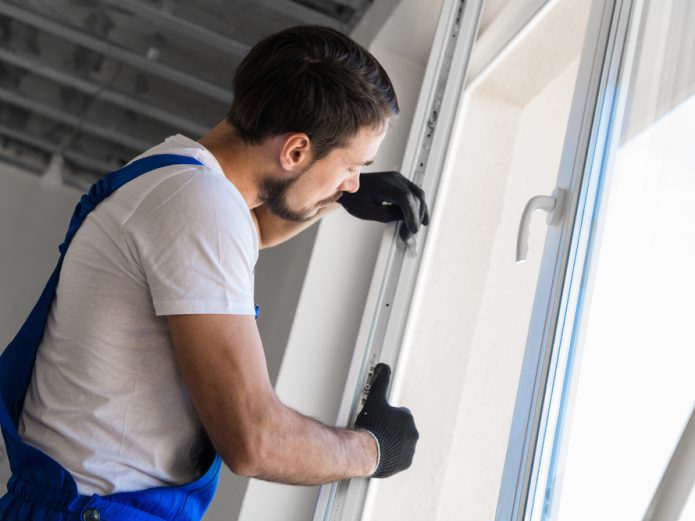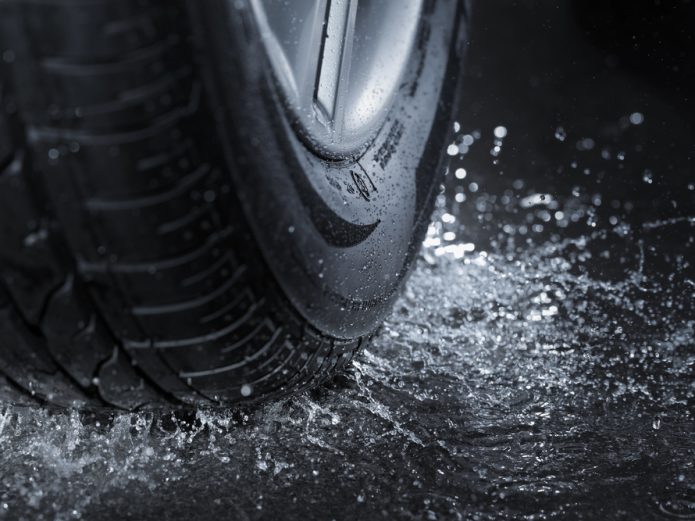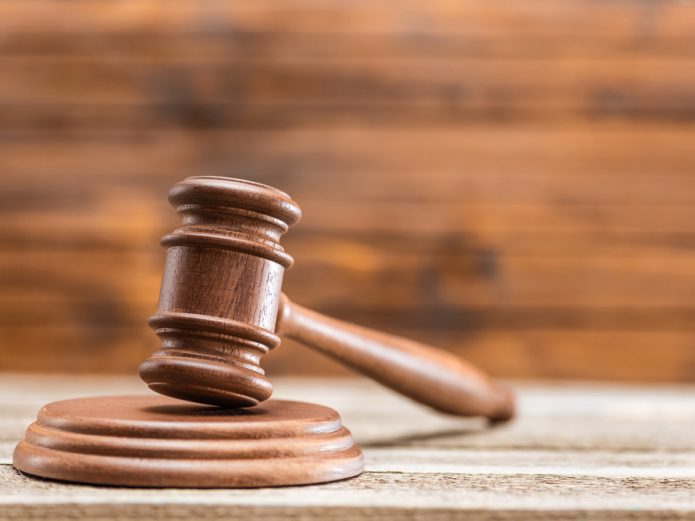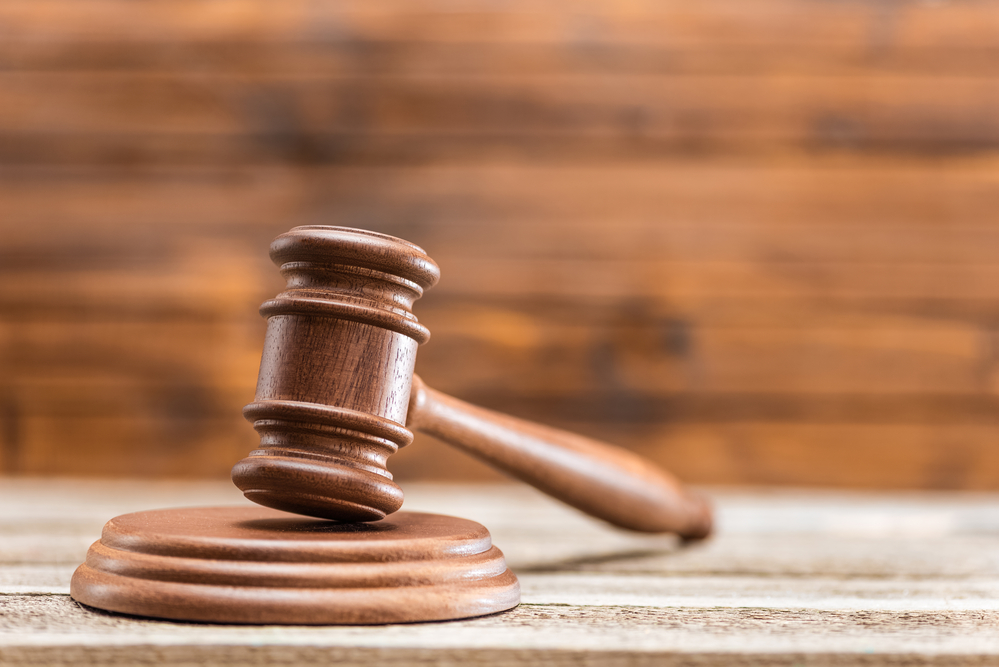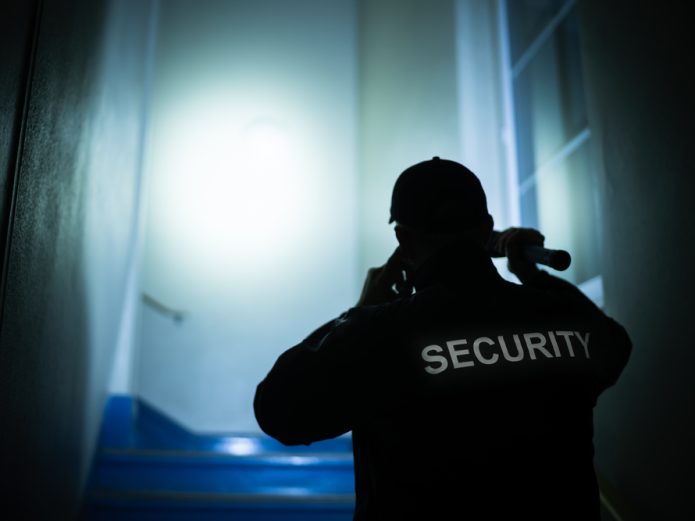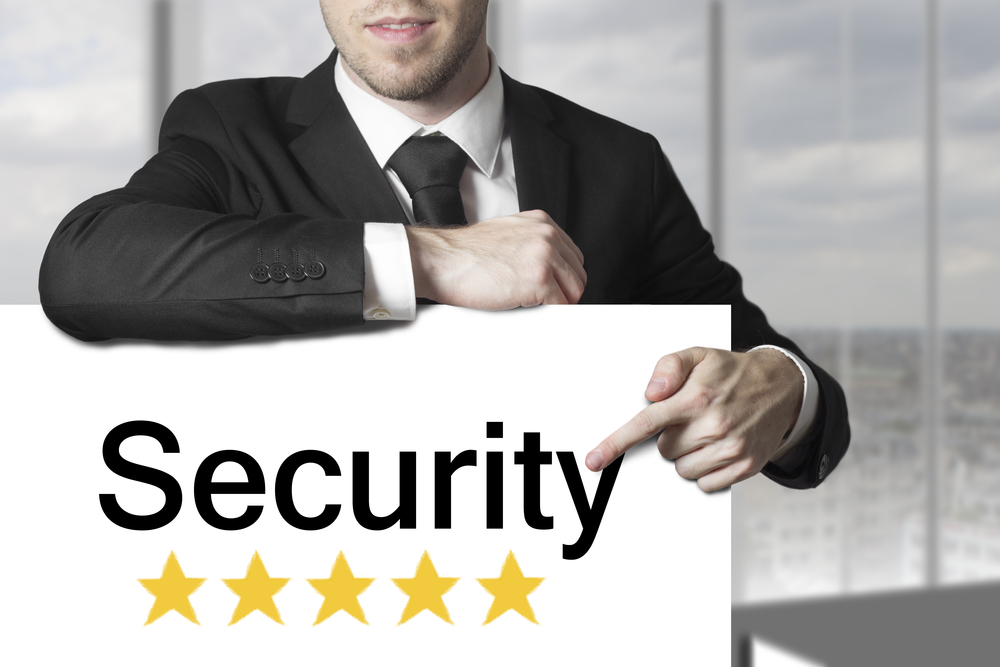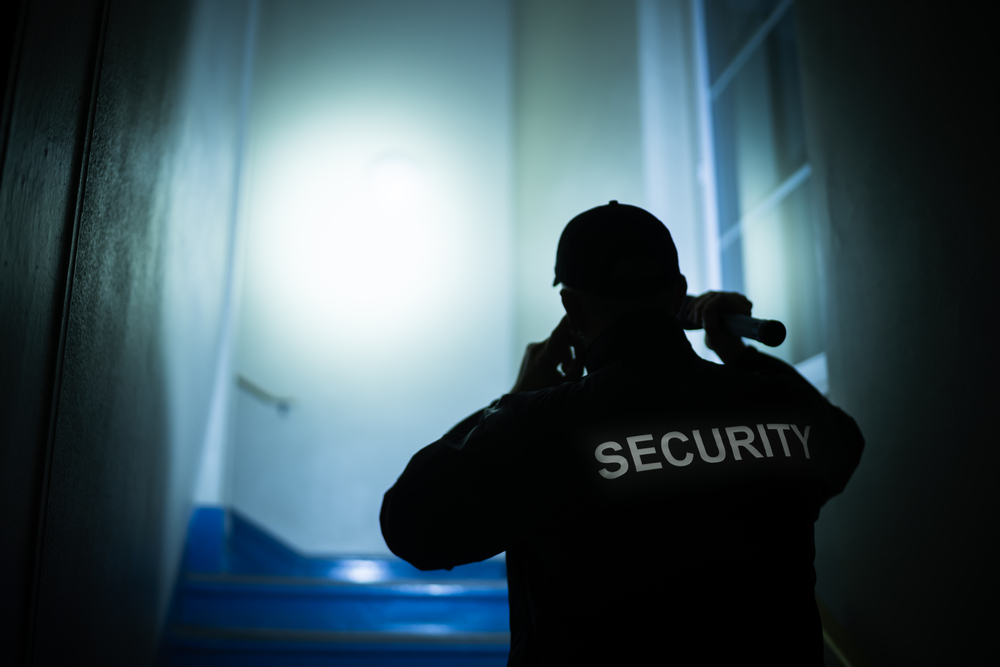Can you install double glazing on period properties?
Installing double glazing in a period property can be a sensitive topic. On the one hand, owners of such homes might seek the comfort and energy efficiency benefits that double glazing provides.
On the other hand, they need to consider the aesthetic and historical integrity of their property. Here’s a comprehensive guide to navigating the complexities of installing double glazing in a period property, balancing modern needs with traditional charm.
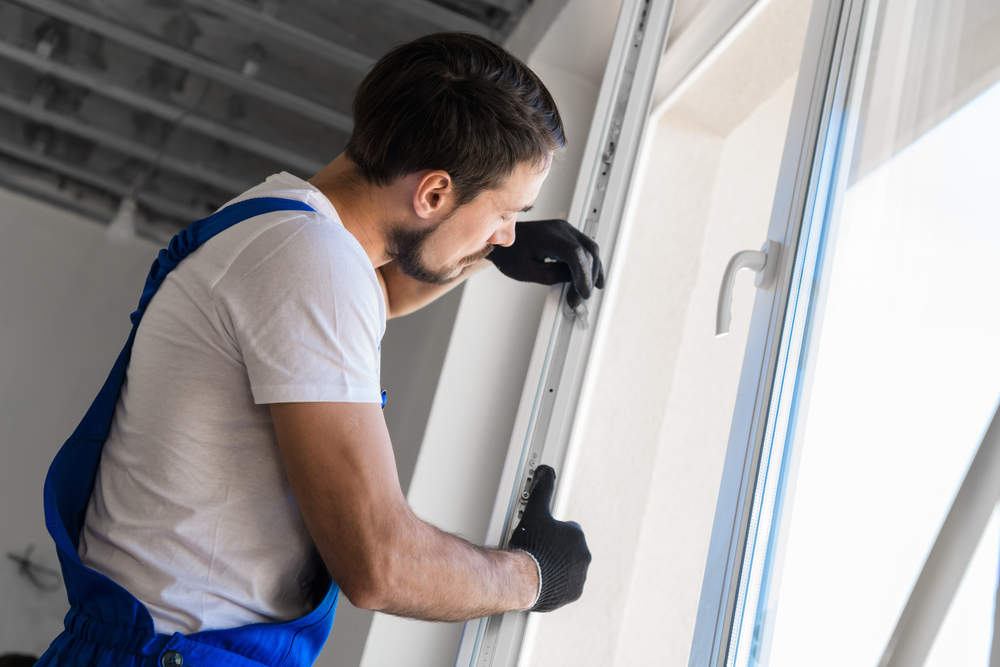
Understanding the Value of Double Glazing
Double glazing involves two panes of glass separated by a vacuum or gas-filled space to reduce heat transfer across a part of the building envelope. The benefits are significant:
Improved energy efficiency: Double glazing installation reduces the amount of heat lost through windows, significantly lowering heating bills.
Noise reduction: The extra layer of glass and the vacuum buffer can dramatically reduce noise from outside.
Reduced condensation: By maintaining a higher internal glass surface temperature, double glazing reduces the propensity for condensation to form, thus lowering the risk of damp and mold.
Challenges in Period Properties
Period properties were often built with single-pane windows that may be integral to their design and character. Installing modern double glazing can sometimes alter the appearance and character of these buildings. Furthermore, in conservation areas or for listed buildings, there may be strict controls on any modifications to the external aspects of a property.
Gaining Permission
Before proceeding with any installation, it’s crucial to check whether you need permission to alter your windows:
Listed buildings: You will almost certainly need listed building consent to change the windows.
Conservation areas: Check with your local council as restrictions can vary significantly.
In both cases, any modification, including double glazing, must preserve the character and appearance of the building. Often, planning authorities will require that any new windows are made to replicate the existing ones closely.
Choosing the Right Double Glazing
When it comes to period properties, not all double glazing is suitable. Here are some tips for choosing appropriate double glazing:
Slimline double glazing: These units are specifically designed for period properties and conservation areas. They offer the benefits of double glazing but with a more subtle, less obtrusive appearance.
Secondary glazing: This can be an alternative where double glazing isn’t permissible. It involves fitting a second layer of glass inside the existing windows. It’s less effective than full double glazing but can offer a compromise between maintaining character and improving insulation.
Bespoke design: Opt for bespoke double-glazed units that replicate the existing window design, including the layout of panes, bars, and even the type of glass.
Installation Considerations
The installation of double glazing in a period property must be done with care to avoid damaging the fabric of the building:
Professional installation: Choose contractors with experience in working on period properties. They are more likely to understand the nuances of such installations and how to carry them out without causing damage.
Respect the architecture: Ensure that the frame and casing designs are in keeping with the historical character of the house. The goal is to make the new windows look as authentic as possible.
